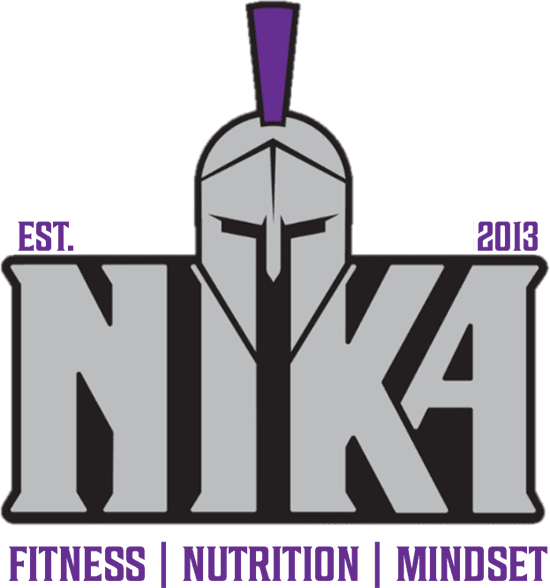“Eating healthy” and caring about what we goes into our bodies is the defining feature of good nutrition, and nutrition coaching. But how do you know when it’s just healthy eating and not verging on unhealthy?
The first step is simply to notice what your relationship is like with food. On a scale of “I barely know what I eat” to “I plan and track every bite,” how concerned are you about how healthy your food is?
If you:
- Often feel anxious about food
- Feel guilty about nutrition “transgressions”
- Spend a lot of time and/or energy planning and/or evaluating your food choices
…these are signs that you might want to work on your relationship with food.
An obsession with eating “optimally” can separate you from other meaningful aspects of life, such as social activities, work, or simply eating for pleasure.
When taken to the extreme an obsession with healthy eating is called orthorexia.
This is a form of disordered eating that centers around a fixation with the “healthiness,” “purity,” and/or “cleanliness” of food. (And here, we don’t mean basic food safety, but “clean eating.”)
People with orthorexia feel excessively concerned and anxious about getting serious health problems if they don’t strictly follow this way of eating.
Health-conscious people, athletes, coaches, and other people in the wellness industry are more prone to orthorexia than others.
Many people can eat well and not have orthorexic tendencies. If you eat healthy, and your diet is also varied, flexible, and guilt-free, you’re probably doing great.
However, people with orthorexia—along with an obsession with the “goodness” of food—also tend to have other struggles. They often:
- Feel unhappy with their bodies
- Over focus on themselves, especially how they look to others
- Depend on external performance standards and approval (but never feel quite good enough, even if they do well)
- Struggle to maintain strong and supportive relationships
If any of this sounds like you and you’re questioning whether or not you need support or treatment, ask yourself this question:
How much does it bother you?
If you’re happy with your habits—including the occasional social or practical disruptions they can cause—then you do you.
But if you’re in distress and healthy eating is starting to feel more like a prison than a tool to help you live your best life, reach out.
Traditional therapy—especially with a focus on anxiety and/or food and body image issues—can help.
So can exploring services with coaches who specialize in intuitive eating and body neutrality.
Eating well isn’t just about good nutrition. It’s also about living a good, full, meaningful life.

